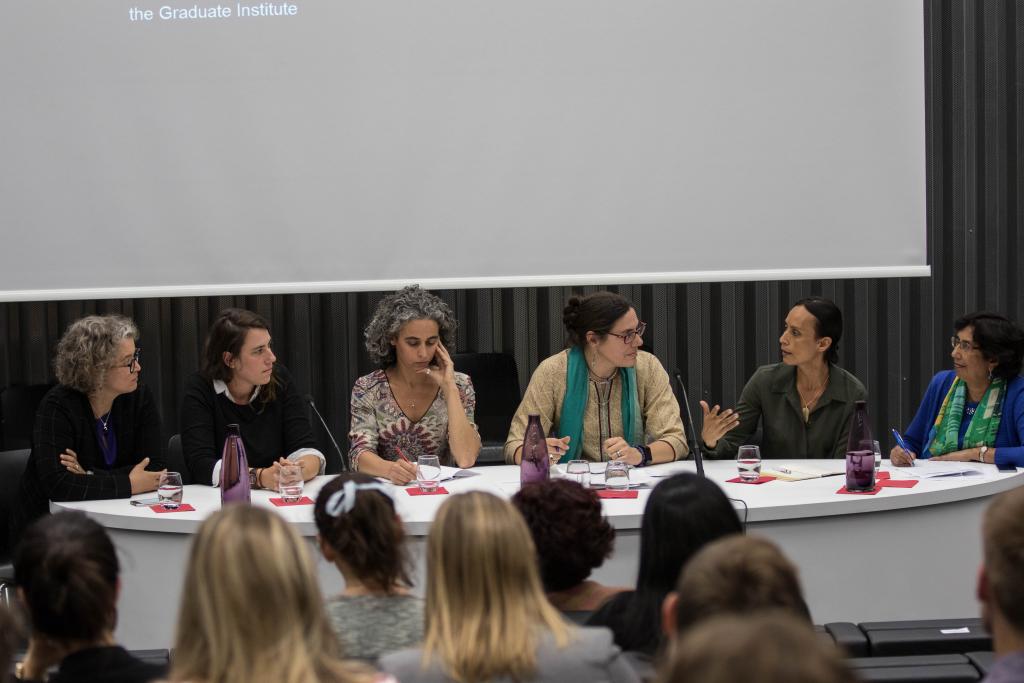Public health ethics is the discipline which establishes the values and principles that should guide our actions in providing public health, whether at the district level, state level, national or international level. It also teaches us how to balance often conflicting values - and how one can arrive at an optimal solution. The main conflict in public health ethics is balancing the interests of the individual with those of the public, especially in situations of constrained resources. There are no easy solutions - sometimes the least bad solution is the best solution, but ethics provides the rationale and process for making fair decisions, often in the face of uncertainty.
In no other situation is this exemplified more than during public health emergencies such as infectious disease outbreaks. A multitude of stakeholders – ranging from policy makers to public health professionals, from researchers to data collectors, and from the burial workers to the clinicians are involved in managing an outbreak, and it is essential that all stakeholders understand how to use and apply ethical decision making in their day to day work. Then only can ethics be seen to move from the guidance documents to the field.
On 16 May, the Global Health Centre organised a panel discussion to explore the various dimensions of an outbreak response and discuss how ethics provides the guidance for making decisions under pressure. Senior colleagues from Médecins Sans Frontières, ICRC, World Health Organization, and University of Geneva shared experiences from the field. The panellists highlighted the difficult environment during an epidemic outbreak, the importance of collecting data, and using that to control the epidemic, the need to and the challenges of engaging with communities which may not be very friendly or frankly hostile, and how each one of the organisations has grappled with ethical dilemmas. It was also noted that in conflict situations, the need to maintain (humanitarian) neutrality is of prime importance.
Whereas ethics committees and ethics experts emphasise the principle of autonomy of patients and research participants, and therefore the importance of consent, the panellists highlighted the different ways that the principle of autonomy can be upheld under difficult situations. Inevitably, the issue of using unregistered interventions came up, and the various scientific and ethical criteria that must be fulfilled before a decision to use an unregistered agent is made. The panellists commended the ethics platform that has recently been developed by WHO and which provides advice, and tools for various set of stakeholders. Through a series of 8 case scenarios, the platform explores various situations that front-line responders are likely to find themselves in, and supports them to make decisions.
As if on cue, the world saw the unfolding of events in DRC as a new Ebola outbreak unfolded, again bringing to fore the issues related to the spread of a disease with high mortality, in a remote, hard to reach area with low literacy, very low socio-economic indicators and a virtually non-existent health system. As opposed to the epidemic in West Africa in 2014-15, this time around a vaccine existed but it was not yet registered. Should it be used? Could it be used? How should we engage with a community which exists in remote, hard to reach areas? In 2014 -15, ethics guidance was being written up as the epidemic unfolded. This time a tool existed which allowed various stakeholders to take decisions effortlessly and seamlessly.
Written for the GHC Newsletter by Abha Saxena, former coordinator of Global Health Ethics, World Health Organization, and Adreas Reis, Technical Officer, Global Health Ethics, World Health Organization.
The development of the digital platform for Integrating Ethics in Infectious Disease Outbreaks was generously funded by the Wellcome Trust. Learn more about the ethics platform here. For more information or questions on WHO’s Global Health Ethics team or its projects please contact Andreas Reis at reisa@who.int.


